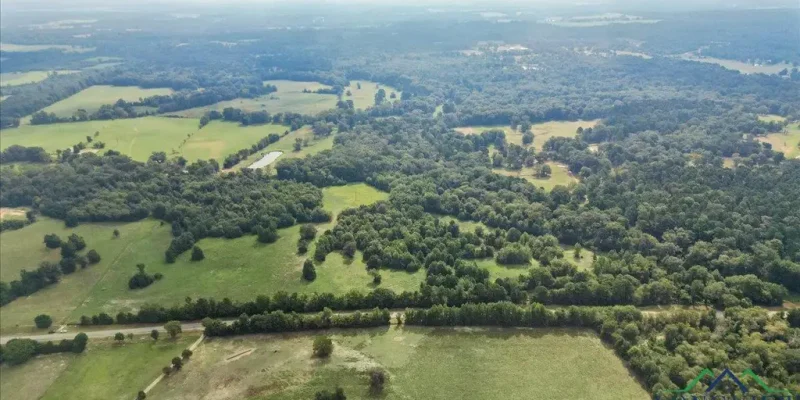Alluvion in Real Estate: Meaning, Legal Implications & Property Rights

In real estate, alluvion (or alluvium) refers to the gradual and natural deposit of sediment, sand, or soil by a river, stream, or other body of water onto adjoining land. Over time, this process causes land to expand—a phenomenon with important legal and property ownership consequences.
Understanding alluvion is especially important for property owners with waterfront land, as it can directly affect land boundaries, value, and rights.
Alluvion Definition in Real Estate
Key Definition:
Alluvion is the increase of land by the natural and imperceptible accumulation of earth materials carried by water.
- Occurs slowly over time
- Typically involves riverbanks, coastal areas, lakes, and streams
- Governed by property and riparian rights laws in many jurisdictions
Keywords: alluvion real estate, what is alluvion in property law, alluvium land definition
Real Estate Implications of Alluvion
Property Expansion
In most jurisdictions, the owner of land adjacent to a body of water gains ownership of the newly formed land through alluvion.
Example: A homeowner by a river may gain additional land over the years as sediment builds up naturally.
Boundary Adjustments
Alluvion can alter legal property boundaries. Surveyors and real estate attorneys may need to update deeds and title descriptions to reflect the land expansion.
Tax Implications
More land may mean:
- Higher property tax assessments
- Re-evaluation of land value
- Possible rezoning or regulation changes
Environmental Regulations
Increased land due to alluvion may be subject to wetland, flood zone, or environmental protection rules—affecting what can be built or developed.
Legal Considerations and Ownership Rights
Riparian Rights
These are the rights of landowners adjacent to water bodies. Alluvion often falls under these doctrines, which vary by state or country.
Accretion vs. Avulsion
- Accretion (Alluvion): Gradual, natural land gain (owner keeps land)
- Avulsion: Sudden change in land (e.g., flood shifting a river)—ownership may not automatically change
Proving Ownership
- Property surveys and historical land records are crucial
- Owners may need to prove the change was natural and not artificial
Keywords: alluvion vs accretion, riparian rights alluvion, alluvion land ownership law
Where Alluvion Most Commonly Occurs
- Riverbank properties
- Coastal and beachfront land
- Lakeside residential areas
- Agricultural land near streams
- Marshlands and deltas
Investors and developers in these zones must consider long-term land changes when assessing value and use.
Alluvion in Real Estate Investment & Development
Why It Matters:
- Adds hidden value to properties over time
- Impacts land use rights and zoning compliance
- May offer long-term expansion for development without purchase
- Can cause legal disputes if not properly documented
Pro Tip: Always consult a real estate attorney or surveyor when buying land near water, especially if natural changes are ongoing.
Conclusion
Alluvion may be gradual, but its impact on real estate is significant. For waterfront landowners, understanding alluvion can unlock opportunities—and help avoid disputes.
Whether you’re a property investor, homebuyer, or developer, knowing how alluvion affects land boundaries, rights, and value is essential. Consult legal and land professionals to ensure your growing land remains an asset—not a liability.
FAQs
1. What is the difference between alluvion and accretion?
They are often used interchangeably. Technically, alluvion is the material (sediment), while accretion is the process by which it adds land.
2. Do I automatically own the land gained through alluvion?
In most jurisdictions, yes—as long as the addition is natural and gradual, the adjoining landowner gains title to it.
3. Can alluvion affect property taxes?
Yes. If the land increases significantly, your property’s assessed value (and taxes) may increase.
4. Can I build on alluvion-formed land?
Possibly. But it may fall under environmental or zoning laws, so always check with local authorities before building.
5. How do I record new land from alluvion?
Hire a licensed surveyor to update the boundary and file with your local land records office or registrar.
Also read: Who Is Gus Lee? Author, Veteran, and Leadership Ethics Trailblazer











